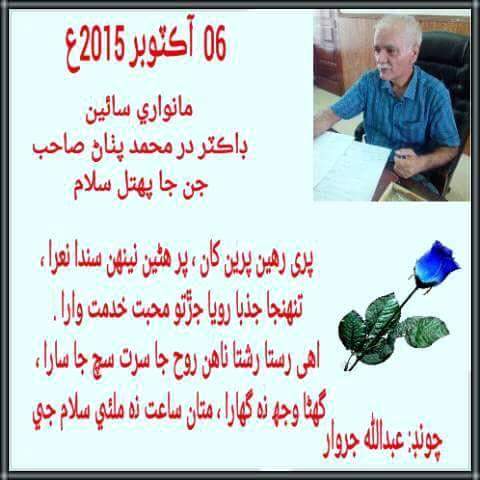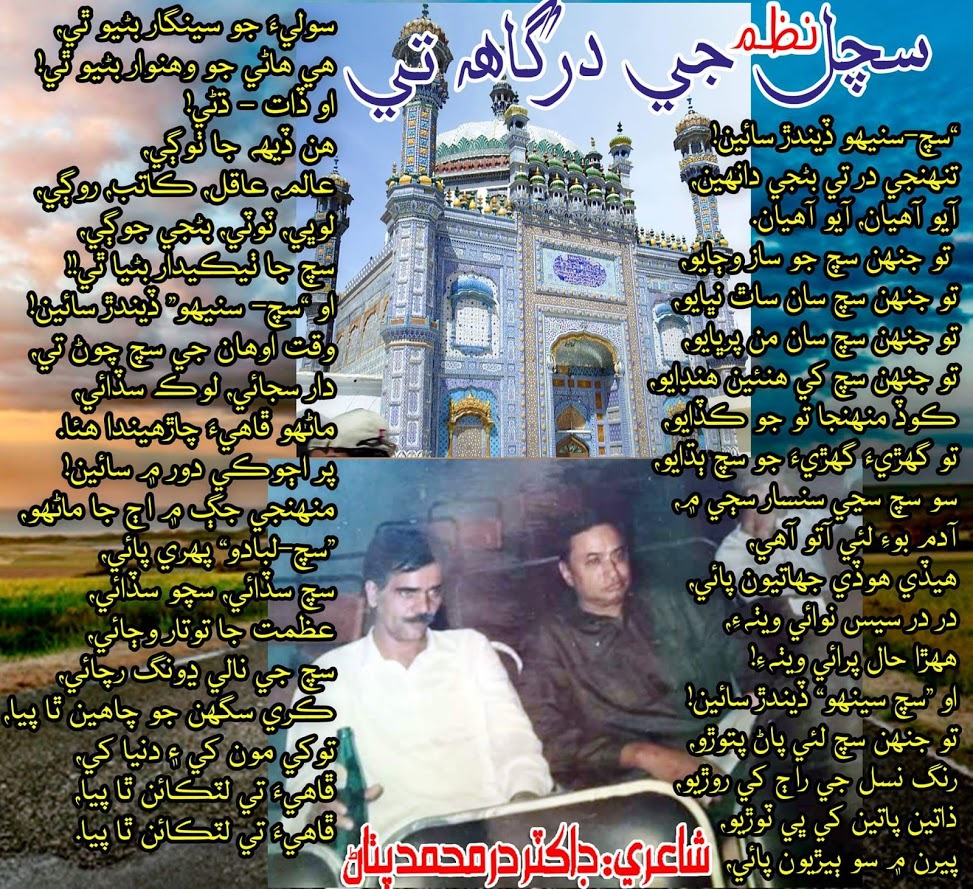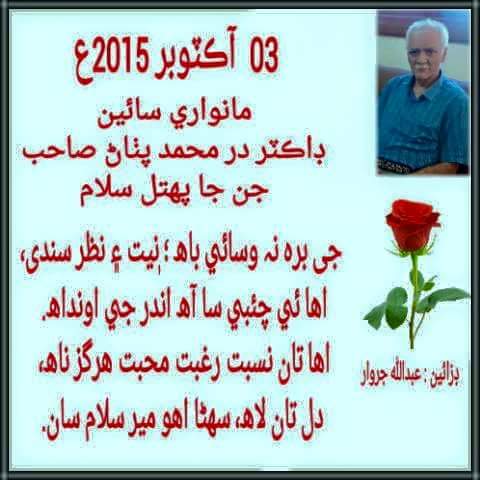|
THIRD ECO SUMMIT MEETING INAUGURAL
|
|
Address by |
|
Mohtarma Benazir Bhutto |
|
Prime Minister Islamic Republic of Pakistan |
|
Islamabad |
|
14 March, 1995 |
|
Presidents, Prime Ministers and |
|
Foreign Ministers of the ECO Member States, |
|
Excellencies, |
|
Ladies and Gentlemen, |
|
I thank you for conferring on me the honor of chairing the third ECO Summit meeting. I am confident that with full support from you all, our meeting will make a significant contribution to the progress of our regional cooperation under the aegis of the ECO. |
|
On behalf of the people and the Government of Pakistan, I welcome our distinguished guests to this springtime of political and economic rebirth in Islamabad. May the colors and fragrance of the season be your special welcome from our people, our city and our Nation? |
|
In the tapestry of history, our strong cultural and trading ties, our religious bonds, our mutual goals and objectives have woven us together into a rich communal cloth. Our poetry, our literature, our songs, our dances, our legends reflect the community of our nations, the brotherhood of our people. This common heritage has given us the collective political will, and the modus operandi for further regional cooperation and integration amongst our ten countries. |
|
Excellencies ! |
|
The cleansing winds of economic liberalization and free trade are sweeping through the world. |
|
We all stand at the threshold of a rapidly changing post-Cold War order, a post-modern political era of complexity that has replaced the simplistic polarities of the cold and the old East-West confrontation. |
|
Powerful regional organizations for economic cooperation like the European Community, the North Atlantic Free Trade Association, ASEAN and APEC are replacing NATO and the Warsaw Pact as the defining operationalization of the new millennium. |
|
Markets have replaced missiles as the measure of might. |
|
The ten nations of the ECO must take full advantage of the new, worldwide economic trends by maximizing regional economic cooperation. |
|
Our natural resource potential will only be realized when we work together to develop economic competitiveness in the world marketplace. |
|
We need to educate and train our people so that they will have the skills in the modern marketplace, to provide for their children and end the cycle of poverty that plagues us in the developing world. |
|
Together our populations comprise over 300 million people. Together we live on an enormous land mass spanning seven million square kilometers. We are an economic force to be reckoned with in the post-Cold War era. By realizing the full potentialities of our economies, we can, God willing, turn our peoples' hopes into substantive achievements in the emerging economic order. |
|
Excellencies, |
|
Just two years ago, we took the historic decision to enlarge the membership of ECO to include Afghanistan and the six newly independent states of Central Asia and the Caucasus. In these two years, we drew up plans in the Istanbul Declaration and the Quetta Plan of Action for the development of infrastructure in the region. We are exploring joint ventures for trade. |
|
Progress towards the realization of these goals may be slow. But we must make sure they are heading in the right direction — first steps in a long and arduous journey towards closer cooperation. |
|
On the eve of our meeting, Excellencies, China, Kazakhstan, Kyrgyzia and Pakistan made an agreement in Islamabad for the Karakorum Highway which was originally the Silk Route, for trade with the outside world. With this agreement, an era of much contested search for warm waters has been brought to a peaceful denouement. |
|
During our summit meeting, we plan to sign an agreement for facilitating transit trade throughout the ECO region. Our national development plans already reflect the highest priority accorded to the development of infrastructural links within the ECO region. |
|
The People's Government of Pakistan has already allocated Rs. 500 million for upgrading the Karakorum Highway into a modern all-weather road. This road will link us directly to the Kyrghyz Republic through Kyrghizia into Central Asia. In anticipation of the stabilization of Afghanistan, we have drawn up plans for reconstruction of its highway system as well as pre-feasibility for railway link integrating Pakistan's rail network through Afghanistan with that of Central Asia through Afghanistan and Turkmenistan. We are already expanding rail and road links between Iran and Pakistan. Potential also exists for building a road link across the Wakhan border into Tajikistan. |
|
These measures are aimed at providing the shortest outlets to the sea for Central Asian neighbors. Similar measures are underway in Iran and Turkey which will help boost the Southward trade traffic considerably. |
|
Such links also promote people-to-people contacts essential for joint ventures and an early awareness of trading opportunities. |
|
For us in Pakistan, there has been a dramatic increase in the regional aviation links. Regular air services are now available to virtually most ECO capitals. Air travel has become simple and safe. |
|
Unfortunately, prospects for economic development are often being overshadowed by conflict and turbulence. Our region manifests human tragedy - the suffering of the people of Afghanistan, Azerbaijan, Kashmir and Tajikistan. This continuing human tragedy is an avoidable impediment to the process of development, promotion of trade and investment in our region. |
|
The ECO countries need to take a firm stand against terrorism and militancy. |
|
Terrorism and civil war are evil scepters that are threatening the well-being of our hardworking people. |
|
It stands between our region and full integration into the new technology of the new century, the modern miracle of the third millennium. |
|
Pakistan seeks peaceful and cooperative relations with all its neighbors. We are still burdened with the lingering legacy of colonialism, the baggage of the aborted agenda of autonomy, which continues to bedevil our relation with India. |
|
For over five years, an indigenous uprising has erupted in the Indian-occupied Kashmir. It is an intifada for the basic and universal right of self-determination. This struggle for freedom has unfortunately evoked a draconian response from New Delhi, making a mockery of human rights. |
|
Pakistan is a direct party to the Kashmir dispute, as recognized by the United Nations. We have tried, so far unsuccessfully, to convince India to allow the international community to implement Security Council resolutions, guaranteeing the right of the people of Kashmir and Jammu to decide, whether they wish to accede to India or Pakistan. Until the basic right of self-determination is implemented, genuine peace in South Asia will continue to be beyond our grasp. |
|
After a decade long miraculous fight against repression and occupation by the communist superpower, peace still eludes the tragic people of Afghanistan. The continuing fratricide is an on-going cause of concern to all of us. We continue to work with the UN and with the OIC to achieve peaceful reconciliation in Afghanistan. |
|
We fully support the process of bringing about peace and stability in Tajikistan through the good offices of the UN Secretary General. The aggression on Azerbaijan needs to be reversed and is causing sympathy and concern in Islamabad, as elsewhere in the ECO region. All such efforts and measures will, we hope, promote peace and stability in the region. |
|
Our region has been blessed by Allah with an abundance of resources — oil, gas, coal, hydro-electricity, various minerals as well as industrial and agricultural goods. |
|
Our economies must generate adequate investment funds, acquire managerial skills geared to the market economy and, in the case of our new member-states, develop alternative routes of access to world markets. |
|
We have taken some steps to meet these challenges. Pakistan has offered training facilities at our training institutions. We have provided supplier credits to our ECO partners. However, we need to develop a more coherent approach to resolving these problems, including joint efforts to secure capital resources from international institutions and private sectors investors. |
|
I may recall here that the new trading regime under W.T.O. envisages flow of services just like the flow of other commodities. We, therefore, need to focus on the services in our joint deliberations, in our planning for regional integration. Clearly, we are in different stages of development, but we are all undergoing rapid change. There is much we can do individually, and some of that restructuring is difficult, many of our economic decisions are painful. Nevertheless we must proceed with the market agenda of the new millennium, and we can so proceed on the regional integration of our economies. With increased involvement of the private sector in development activity, our governments need to redefine regulatory functions, simplifying procedures, we need to provide necessary economic information and generally produce an environment conducive to regional cooperation. |
|
Pakistan fully recognizes the merits of the South-South Cooperation and world-wide regionalization of economies in EC, ASEAN, NAFTA and APEC. |
|
Regional economic development is a necessary prerequisite to peace and stability. Economic development and political development need proceed together. We must never have to choose between the two. |
|
The imperatives of regional cooperation have never been greater than in the rapidly changing environment of today. The establishment of Group of Eminent persons for enhancing the effectiveness of ECO is a very welcome step. |
|
Let me compliment the ECO Ministers and Senior Officials for their contribution at the meetings of the Council of Ministers and Senior Officials. Important decisions were taken then. |
|
We hope that at Islamabad Summit, major agreements on the Simplification of Visa Procedures for the Businessmen of ECO countries, ECO Trade and Development Bank, ECO Shipping Company and ECO AIR will be signed to build an institutional basis for economic collaboration. The Treaty o! Izmir envisages the establishment of Reinsurance Company. We expect to arrive at a decision about the establishment in the near future. |
|
I express our appreciation to the Secretary General of ECO for his dedication and contribution to the work of the Organization. |
|
Following the conclusion of Uruguay Round, global trade has entered a new phase. The ECO countries need to evaluate the implementation of this development with particular reference to the World Trade Organization and the newly liberalized trading environment in which the ECO countries will have to operate and compete. |
|
Excellencies, |
|
Our region is capable of taking a quantum leap into an unchartered future — a future of unlimited opportunity, a future of infinite hope. |
|
We have already enshrined the political will for this extraordinary new era in the Istanbul Declaration and the Quetta Plan of Action. |
|
We now need to mobilize —jointly and individually — financial resources as well as managerial and technical skills to secure timely implementation of our common objectives. |
|
The task before us is surely not easy. But this is a remarkable time of transition and transformation, and the decisions we take now can affect the lives of our people, and the very futures of our nations, as we cross into a new millennium. The times demand innovation, the times demand boldness, the times demand courage. |
|
As it was said long ago, |
|
"The only limit to our realization of tomorrow will be our doubts today. Let us move forward with strong and active faith." |
|
I thank you, distinguished guests. |



